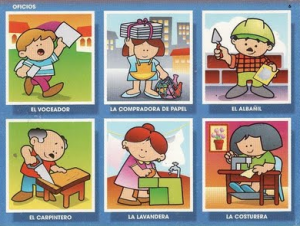 My first presentation at ICT Links into Languages Conference aka ILILC3 was entitled I want to break free.
My first presentation at ICT Links into Languages Conference aka ILILC3 was entitled I want to break free.
The blurb promised –
In I want to break free we’ll be looking at ways to break away from ‘chalk and talk’ and involve learners, encouraging them to interact with and demonstrate their understanding as they learn using (mobile) technology. We’ll investigate some ways of doing this using tools such as Nearpod, Socrative and Memrise and whilst I’ll be using my iPad and Mac to present, that doesn’t mean you need a fruity device to join in as some tools are web based and others are both Android and iOS. And on top of that, we’re a friendly bunch so I’m sure people will share!
Below are my slides which were more a summary of the session for those who weren’t there, and an aide-memoire for me to make sure I said all I wanted as we were flipping between apps most of the time! We did a Socrative quiz on the MFLTwitterati, learned about Healthy Eating in Spanish using Nearpod, saw how rubbish I really am at German using Memrise, looked very quickly at how to use Book Creator app and explained everything using Explain Everything!
(Apologies for the weird typeface – Slideshare has done something odd as it’s fine when I open in PPT!)
[slideshare id=16645089&style=border: 1px solid #CCC; border-width: 1px 1px 0; margin-bottom: 5px;&sc=no]




 I’ve received notification of what looks to be a very interesting event to be held at Coventry University London Campus on 24th October. Text messaging and Language Development.
I’ve received notification of what looks to be a very interesting event to be held at Coventry University London Campus on 24th October. Text messaging and Language Development.










